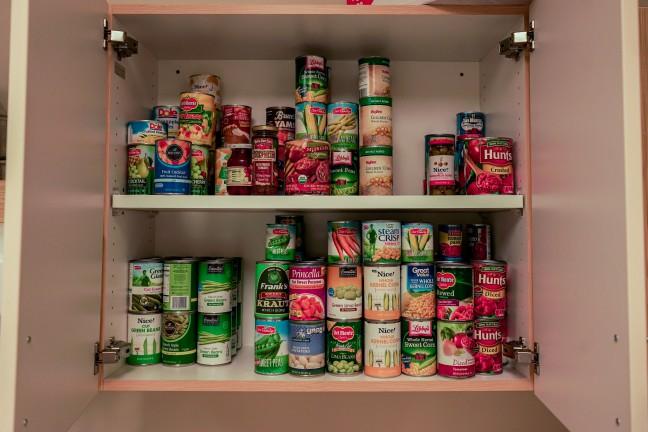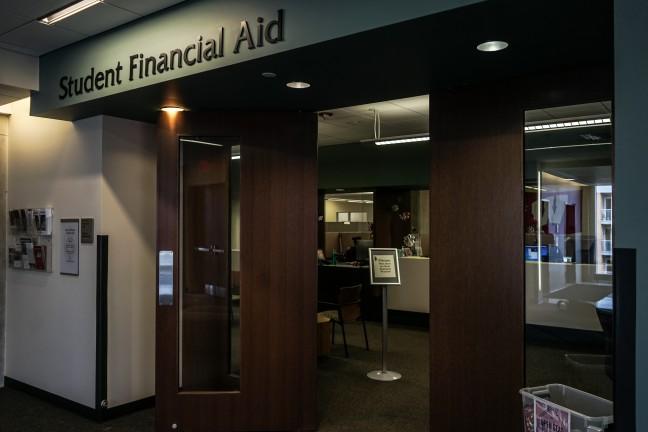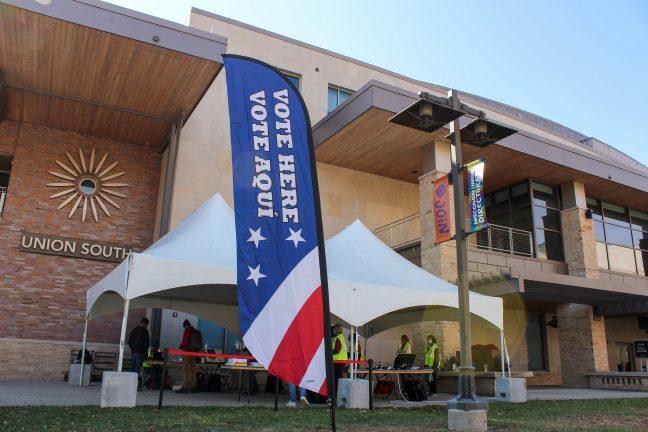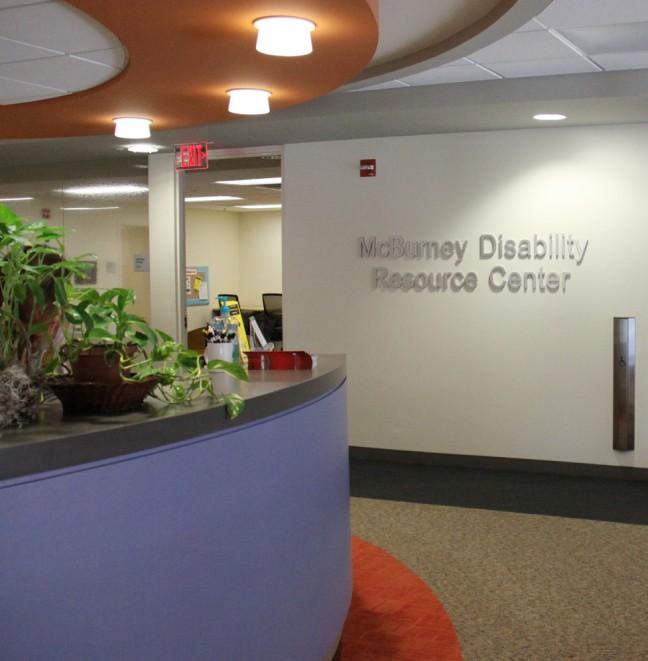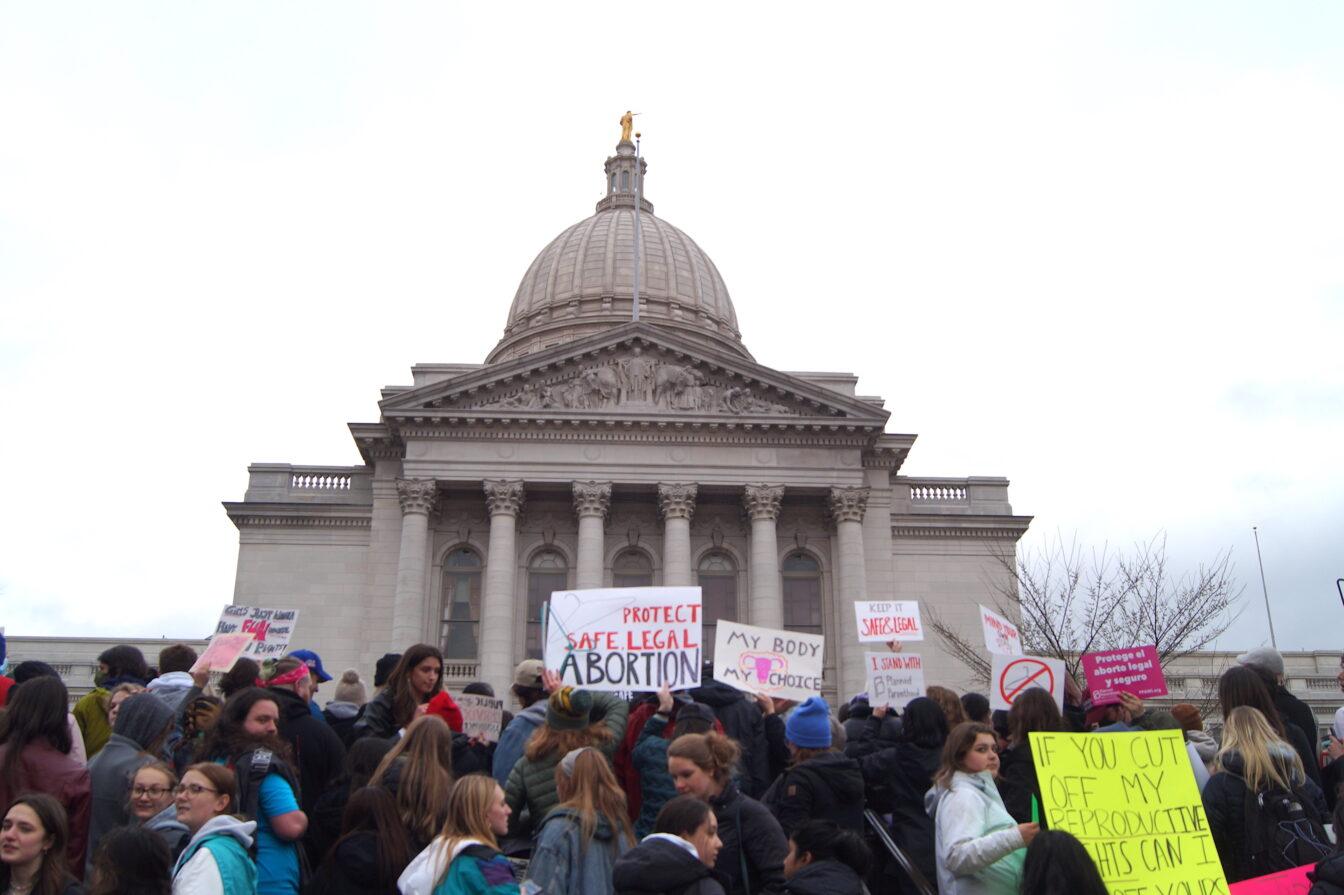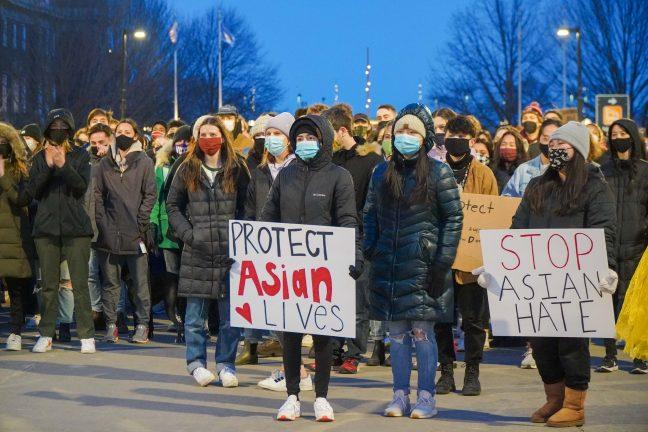Students shouldn’t have to study on an empty stomach. University of Wisconsin students have a lot on their plates, and some might not have the means to sufficiently sustain a grocery budget. This can adversely affect their lives in a variety of ways, including academic performance.
Despite a cultural consensus that it’s normal for college students to be financially strained, food insecurity is a major obstacle for many students. To make matters worse, on-campus resources for learning about FoodShare, a government assistance program for those working through food insecurity, are few and far between.
Second Harvest Foodbank is trying to fix this problem by equipping students with the knowledge and support they deserve to stretch their budgets and beat food insecurity.
The process of applying for FoodShare can often seem daunting, leaving students wondering if they’ll even qualify. There are a variety of things that can make a student eligible.
Regarding employment, a student may qualify if they’re employed or self-employed for 20+ hours per week, participating in a federal or state work study program or participating in an on-the-job training program.
Regarding dependents, a student may qualify if they are caring for a child under age six or don’t have adequate childcare for a child under age 12. Single parents who are caring for a child under age 12 and are enrolled as a full-time student may also qualify.
Additionally, a student may qualify if they are physically or mentally unfit for employment, receiving a W-2 or Temporary Assistance for Needy Families payment, or are enrolled in an educational program designed to be completed in two years or less to obtain certification which will lead to employment in demand.
Additionally, an individual’s gross monthly income must be $2,024 or less. That income limit increases by $720 for each additional member of a household. Additional members count only if they are buying and sharing food with the primary applicant.
Nutrition expert breaks down Dane County’s efforts to reduce food insecurity
If a student believes they are eligible and is interested in applying, they can begin the process by completing an application online or over the phone — both of which Second Harvest Foodbank staff are happy to assist with.
If a student is approved to receive FoodShare, they will receive money to be used only for groceries, loaded onto a QUEST card, which functions similarly to a debit card. QUEST cards can be used at grocery stores, as well as a few on campus convenience stores — specifically Flamingo Run in Gordon Avenue Market and Four Lakes Market, as well as at the Badger Market in Union South and Memorial Union.
Food insecurity has an impact on an alarmingly high number of college students, and UW is not immune to this. While there are a variety of free meals available on campus, as well as a food pantry, FoodShare is another great resource that can help students make ends meet. There is, unfortunately, not a lot of FoodShare information available on campus, and we’re working to change that to combat college hunger.
For more information on FoodShare or for help applying, call or text 608-467-1658, or email [email protected].
Amber Verdecchia ([email protected]) is a junior majoring in mathematics. She is also a FoodShare Outreach intern at Second Harvest Foodbank.


